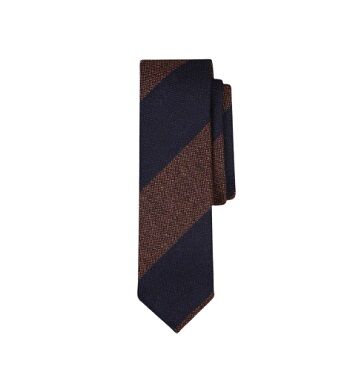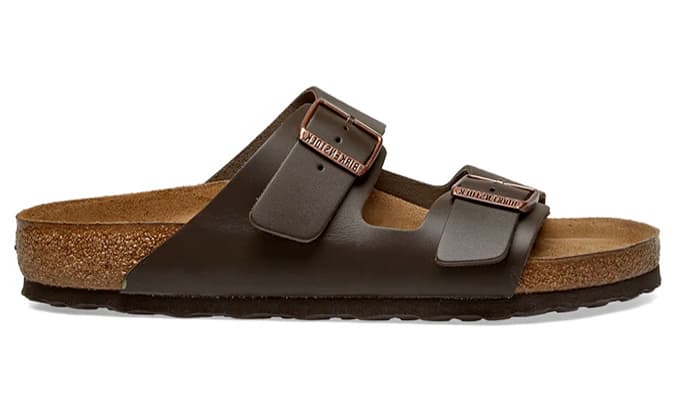13 Ways Your Clothes Can Get You What You Want
Clothes affect how you’re perceived – by others and even by yourself. It’s a phenomenon known as ‘enclothed cognition’ and influences everything from your state of mind to how competent or attractive you appear. The most famous and WTF-worthy example can be found in the Journal of Experimental Psychology, where subjects displayed greater attention on a test when wearing a white coat they believe belonged to a doctor; when subjects wore the same coat, but were told that it belonged to a painter, it had no effect.
Precisely what you’re supposed to do with this knowledge, beyond jacking some swag at your next physical, is another question. Thankfully, there’s a whole journal’s worth of weird style science that you can apply outside of the lab to give yourself an unfair but stylish advantage at work, rest and play.
Oh, and in the improbable event that you somehow missed an issue of the journal Psychological Science, if you ever want to repel a male rhesus macaque monkey, wear red.
You Want To: Get Some Assistance
How: Dress The Same As Other People
Imitation is the sincerest form of flattery, and it also makes people more inclined to help you, according to a study in the Journal of Applied Psychology. Providing you’re not in a solicitor’s office, casual clothes are also more likely to garner support than a Savile Row suit, presumably because they figure that you must be doing all right in something bespoke. Interestingly, the tendency is more pronounced in men than women. Do us a solid, bro.
 Hugo Boss
Hugo Boss
You Want To: Stand Out
How: Dress A Little Differently
Ever considered wearing a red bow tie to a black tie event? Us neither. But you might want to start if you’re taking your style cues from science. A study in the Journal of Consumer Marketing found that a man who copped crimson was seen as having higher status and competence, as was a professor who lectured in red Converse. The ‘red sneakers effect’, as it’s known, is about the nonconformism, which implies that wearers have the clout to avoid any consequences.























